Nearly 200 countries gathered in Brazil's northern city of Belém from November 10-21 for the United Nations annual climate summit, known as COP30. The meeting, which began on Monday, is expected to last about two weeks. This year, the U.S. will not play an active role in the talks, breaking a long-standing tradition. According to a White House statement to NPR, no high-level officials will attend COP30.
The decision to skip the talks marks a significant shift in the U.S. stance on climate change. During the previous Trump administration, U.S. delegates participated in the talks, but the current administration has taken a stronger anti-climate stance, calling efforts to limit global warming a "hoax." "President Trump will not jeopardize our country's economic and national security to participate in a global climate agreement that would undermine our sovereignty," a White House official said in a statement.
The U.S. decision to skip COP30 has been met with disappointment from other countries, which had been hoping for a more active U.S. role in addressing climate change. "The absence of the United States at COP30 is a missed opportunity for the world's largest economy to take concrete action on climate change," said Patricia Espinosa, executive secretary of the United Nations Framework Convention on Climate Change. "We urge the U.S. to reconsider its decision and engage in the talks."
The COP30 meeting is the 30th annual Conference of the Parties, which brings together nearly 200 countries to discuss and negotiate ways to address global climate change. The meeting is a critical opportunity for countries to come together and agree on a global response to climate change. The U.N. has set a goal of limiting global warming to 1.5 degrees Celsius above pre-industrial levels, and countries are expected to submit new climate pledges ahead of the meeting.
The U.S. decision to skip COP30 has significant implications for the global climate effort. The country is one of the world's largest emitters of greenhouse gases, and its absence from the talks will make it harder for countries to reach a consensus on climate action. "The U.S. has a critical role to play in addressing climate change, and its absence from the talks will only make it harder for countries to make progress," said Alden Meyer, a climate expert at the Union of Concerned Scientists.
The COP30 meeting will continue for the next two weeks, with countries expected to submit new climate pledges and negotiate a global response to climate change. The meeting is a critical opportunity for countries to come together and agree on a global response to climate change, and the U.S. decision to skip the talks will be closely watched by the international community.




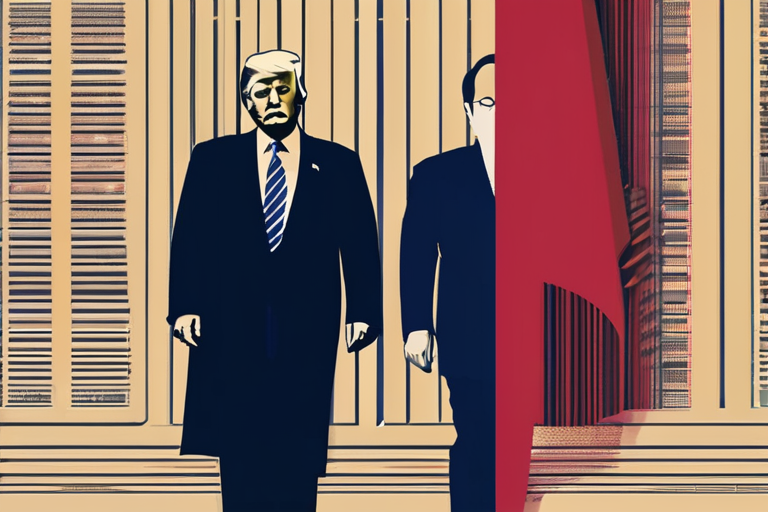
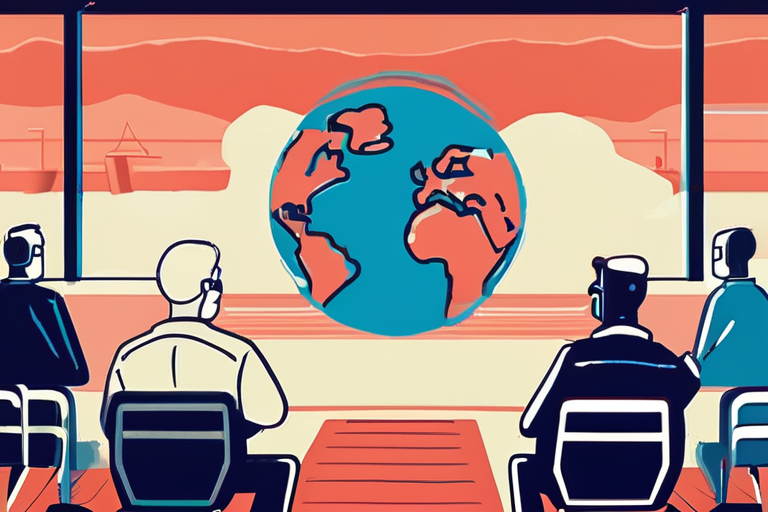


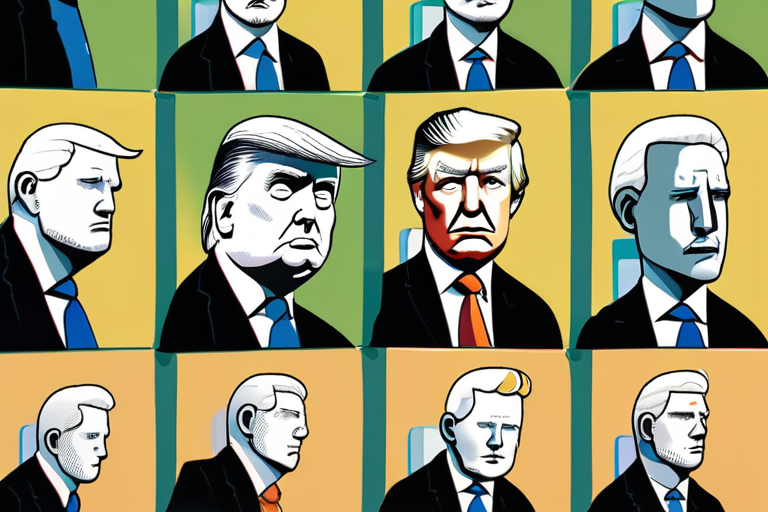


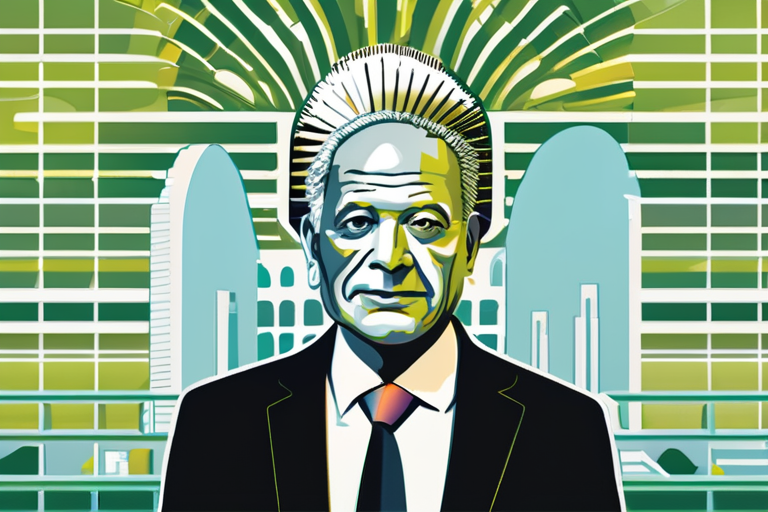





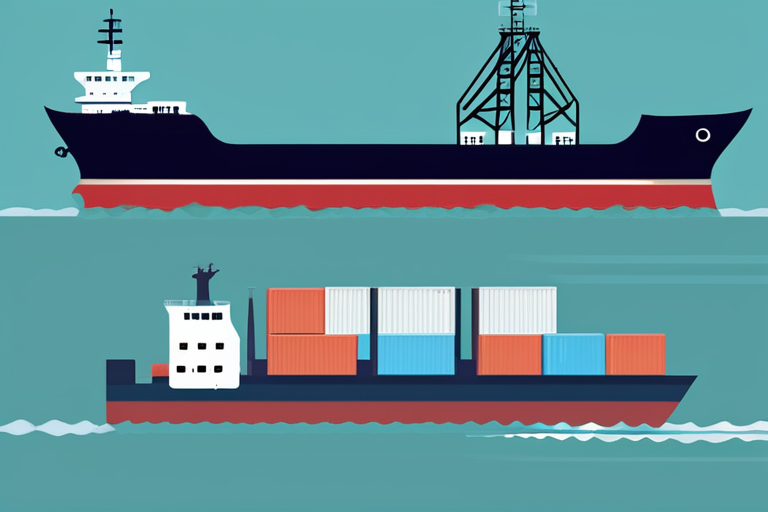




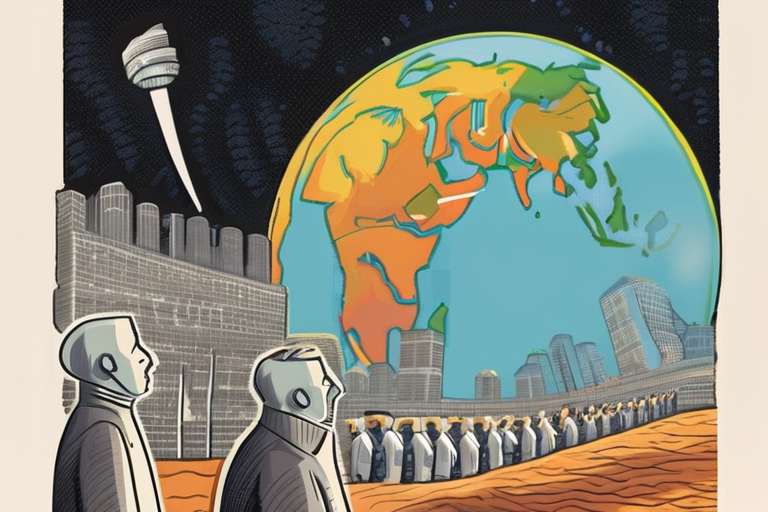
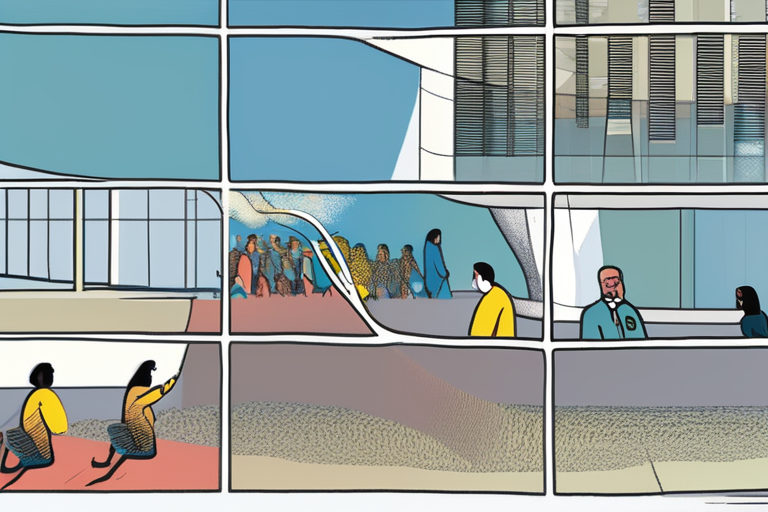
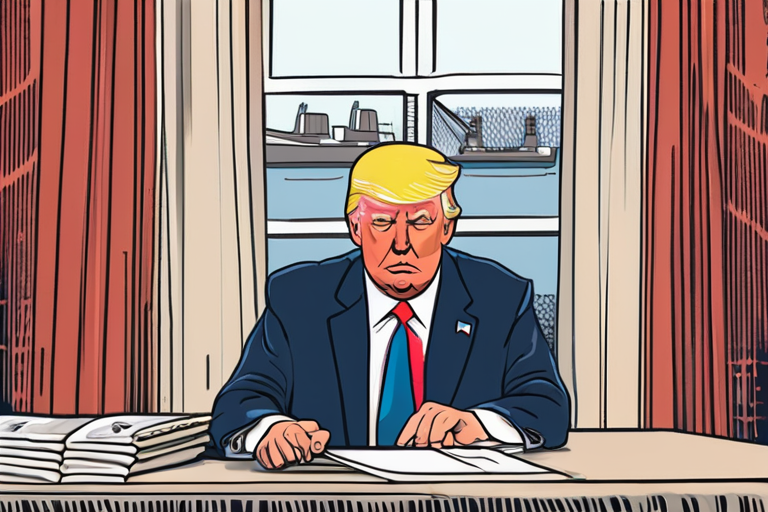
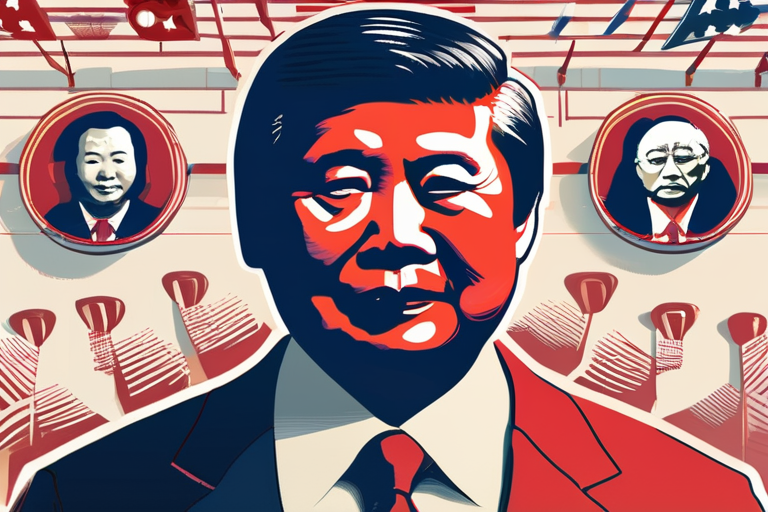
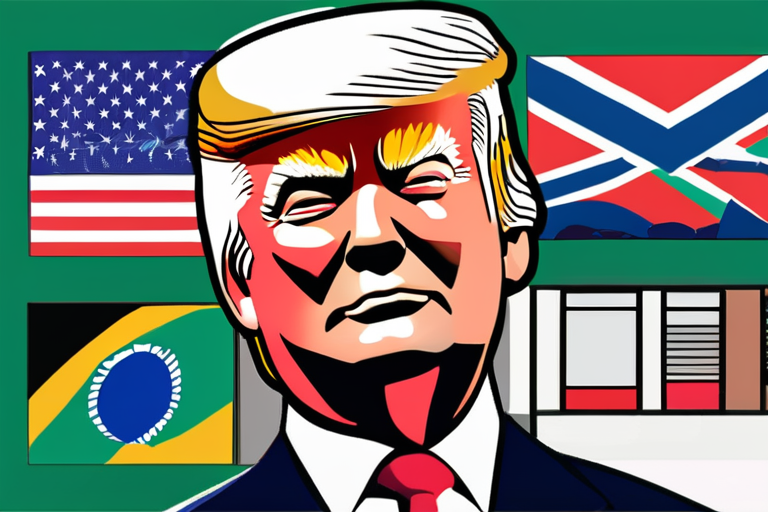
Share & Engage Share
Share this article